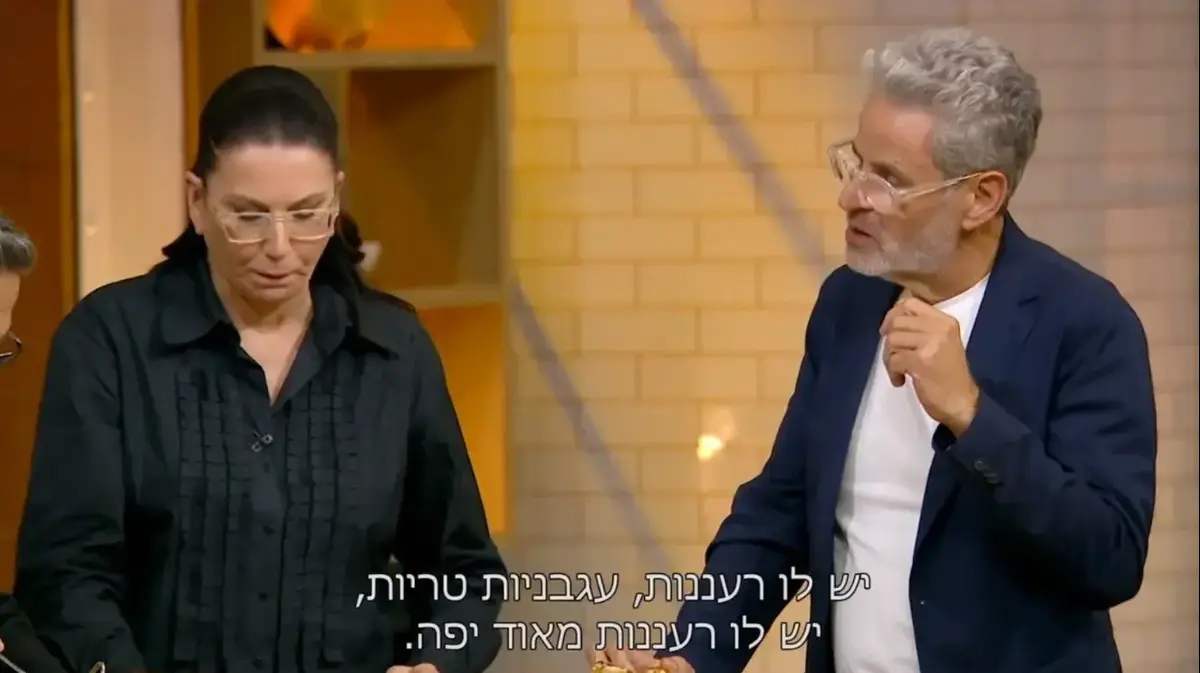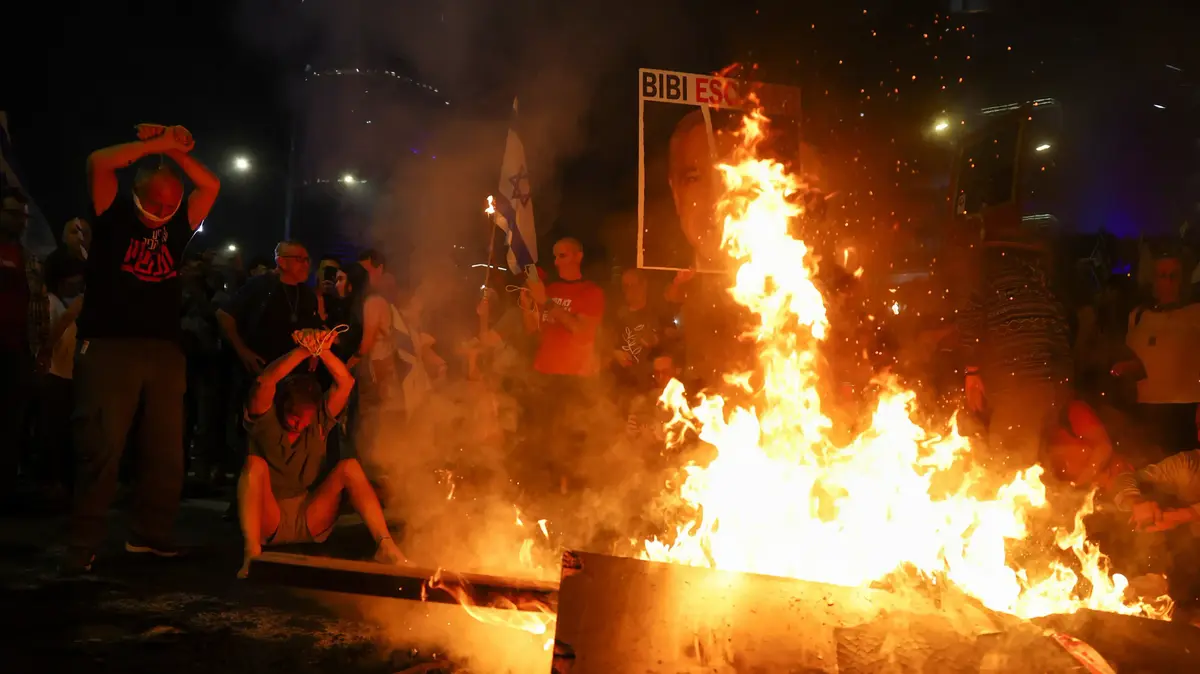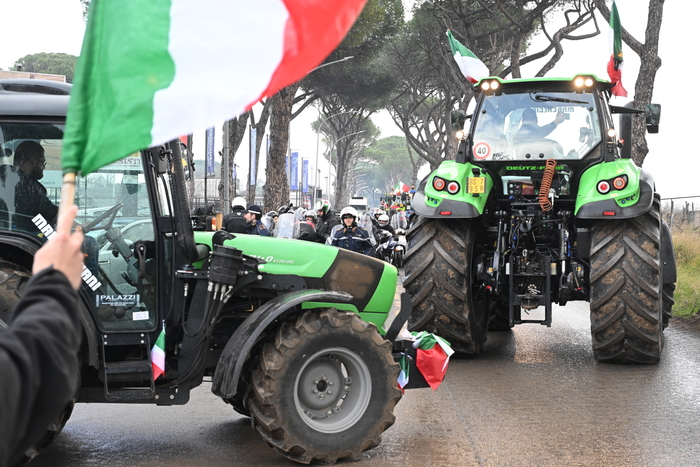In May 2010, I was definitely granted a final extension to the Ph.D. at the Tel Aviv University School of Cultural Studies. The final submission date was set for May 2011. The work, by the way, dealt with the national student movement in France. I was fascinated by student activism in the West in general - and France in particular - and by the university socialist university. Initially, I decided not to push my doctoral nose into the renowned student revolt of May 1968 and focused on the unique role students played in the struggle for the French withdrawal from Algeria.
Being a compulsive procrastinator, I didn't think I could stand the new deadline. Only me and my computer knew that at this stage, and even after three years of research in Paris, no more theoretical and perhaps one of the seven planned chapters at work were written. But the chapter heads are arranged, systematic reading notes and rigorous sorting of student archives and student journalism of the era - already have been. All that remains is to sit down and write.
• What a decade we had! Go to the special "Summary of the Decade" page
• Disagree with our choices? Let's choose your people and decade-long events
• Think you know everything that happened in the last decade? Enter the huge decade quiz
I knew that without a big prize at the end of the road, I would not meet the mission, and so I and my partner bought me a pair of airline tickets to my favorite city in the world, which is not Athens, and I made a condition: only if I can get the job on board. I wrote like crazy about France, and dreamed about Athens; The flavors of the McDonald's spinach pastry on Solanus Street, the Cubs of the "Metropolis" and the mythical Suffolk of Kostas in Plaka, were the ingredients from which the last mile of my student marathon was motivated.
And it worked. I submitted my PhD and just as I dreamed, Noa and I - and a small video camera - traveled to Athens. And she waited for us to be sunny, and joyous, and loud, and ever more turbulent. We went out with the luggage from the subway at Syntagma Station at noon, and the favorite square was unusually buzzing: young groups with hand-held boots, tents scattered here and there, signs - it was clear that we had arrived on a day of demonstration or strike. It did not bother us particularly, it was more urgent for us to say goodbye to Macdonicus and Sabbas, and to Costas of course. But the little nook where Elder Kostas made the good Suffolk in Athens, we found closed and deserted. Another victim of the economic crisis that plagued the country.
Social protest in Athens, 2010. Greeks flocked to squares // Photo: IP
In the evening we realized that was exactly it. The streets around Syntagma Square were blocked into traffic, large police forces were deployed nearby, and crowds of people flocked towards the Parliament building. Peddlers put up wagons with Greece flags, hot corn, water bottles and laser pens, sold like peanuts. And what at first glance looks like Independence Day Street Celebration turned out to be another evening of mass demonstration against the government's economic policies.
I couldn't give up on the experience, which also felt like a social protest Dr. - even though my work had not yet been submitted for testing at the time. I bought a laser pen, which will be, and pushed in. The screaming was deafening and the crowding was unbearable. It didn't stop me from nagging questions to Greek Enraged, to shine with the laser, like everyone else, on the Parliament building and on the prestigious Grand Brittany Hotel, to be pushed to the front row of protesters, document the video (what was not welcome), and ask anyone who could hear anything in the noise, a translation for the unreadable call Adjudicates: "Clefts! Clefts! "- I mean," Thieves! Thieves! "
The next morning the demonstrations resumed and we joined again with the protesters, who this time marched towards the plaza opposite the University of Athens building. The speakers played the songs of the revolution of Mikis Theodorakis, which excited not only the students, but also the graduates of the military dictatorship, in which the music of the old composer became the symbol of the struggle.
The large overcrowding pushed us to look for some shade and quiet in the foyer of the National Library building (which in the meantime has been moved to an impressive new building in Calithea, south of the Athenian volume). Outside, important speeches were made and the crowd roared with ecstasy, but at this point we decided that we had enough for now and we fled from a side door to the Exarchia neighborhood, which is filled with police patrol these days. It wasn't until the next day that I realized that we had missed a historic moment: the speaker who engaged the protesters in front of the university was no other than Mikis Theodorakis himself.
Those turbulent days in Athens, where I accompanied the protest and talked to the protesters - without giving up the pastry at McDonalds and Kebab at Sabs (how much we lacked your Suffolk, our beloved Costas), so shocked the subject for which I spent 6 years in French libraries and archives - And protest. The transition from the academic greenhouse to the real world was also a shift from theory to praxis; I wrote about protests, and now I've also experienced one such close-up, the kind not so widely earned in the country, at least until that year.
Only in hindsight did I realize how much this early-decade protest, which was also taking place in countries such as Portugal and Spain, was part of a wave that also washed away other countries - in the country (the "tent protest"), in the United States (Occupy Wall-Street) - not to mention Tahrir Square And the Arab Spring - and many other places. And this decade ends with a wave of protests in South America, Hong Kong, Beirut and Baghdad, Paris (the "yellow vests") - and we also have heads of squares on a weekly basis. This decade, which many expected the social unrest to begin and end in the virtual space, was precisely the decade when the world returned to washing the streets with rage.
But in a world of protests and changes, there are some things that do not change. Costs, for example. Well, it didn't really close. His son has reopened the veteran institution - and he is still operating in his new residence on Pendlis Street, two steps from the Synagogue. The echoes of the protest still sound there, and it's still the winning Suplaki.
See more opinions from Ethan Orkibi









/cloudfront-eu-central-1.images.arcpublishing.com/prisa/KMEYMJKESBAZBE4MRBAM4TGHIQ.jpg)



